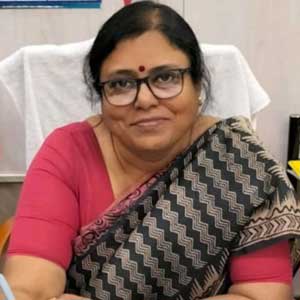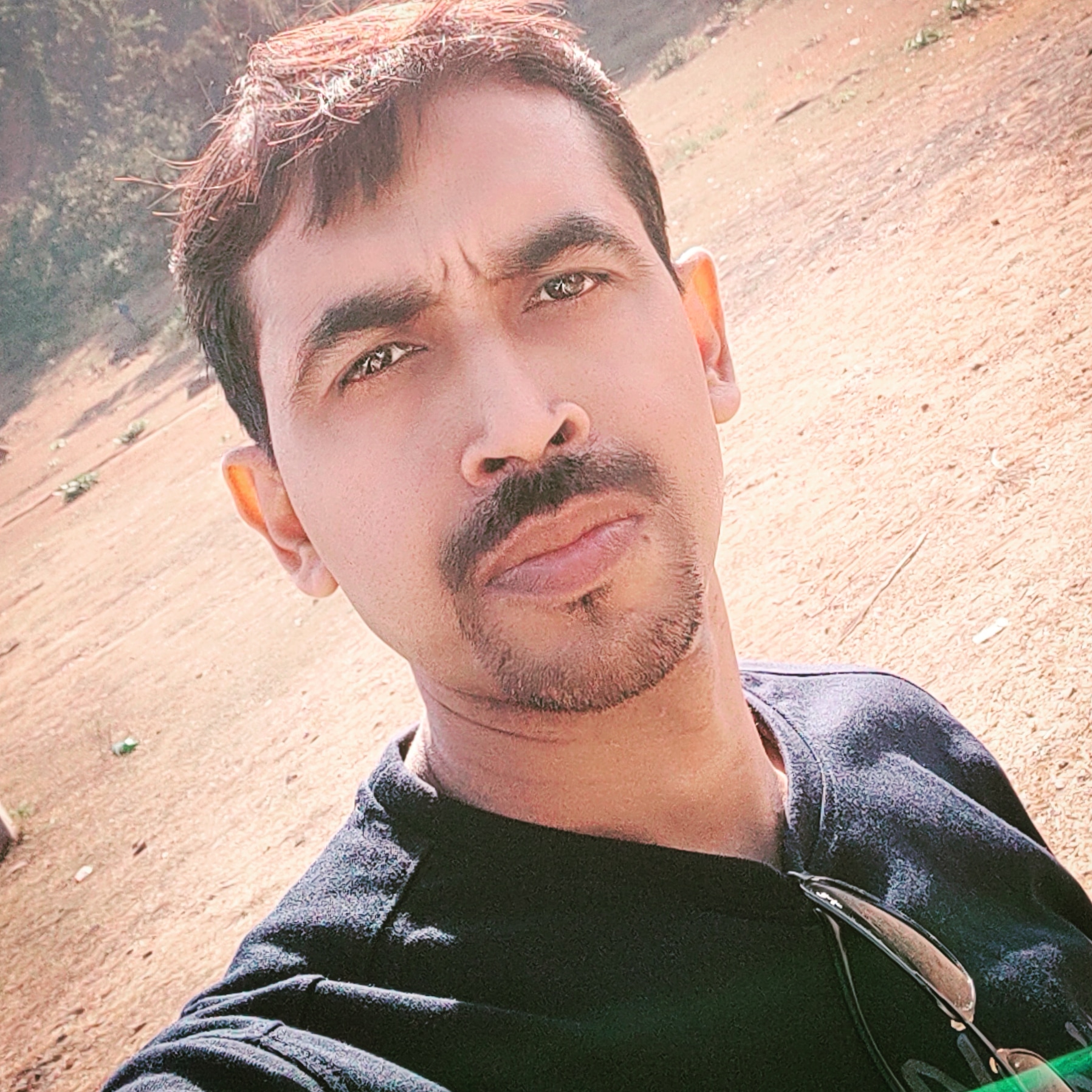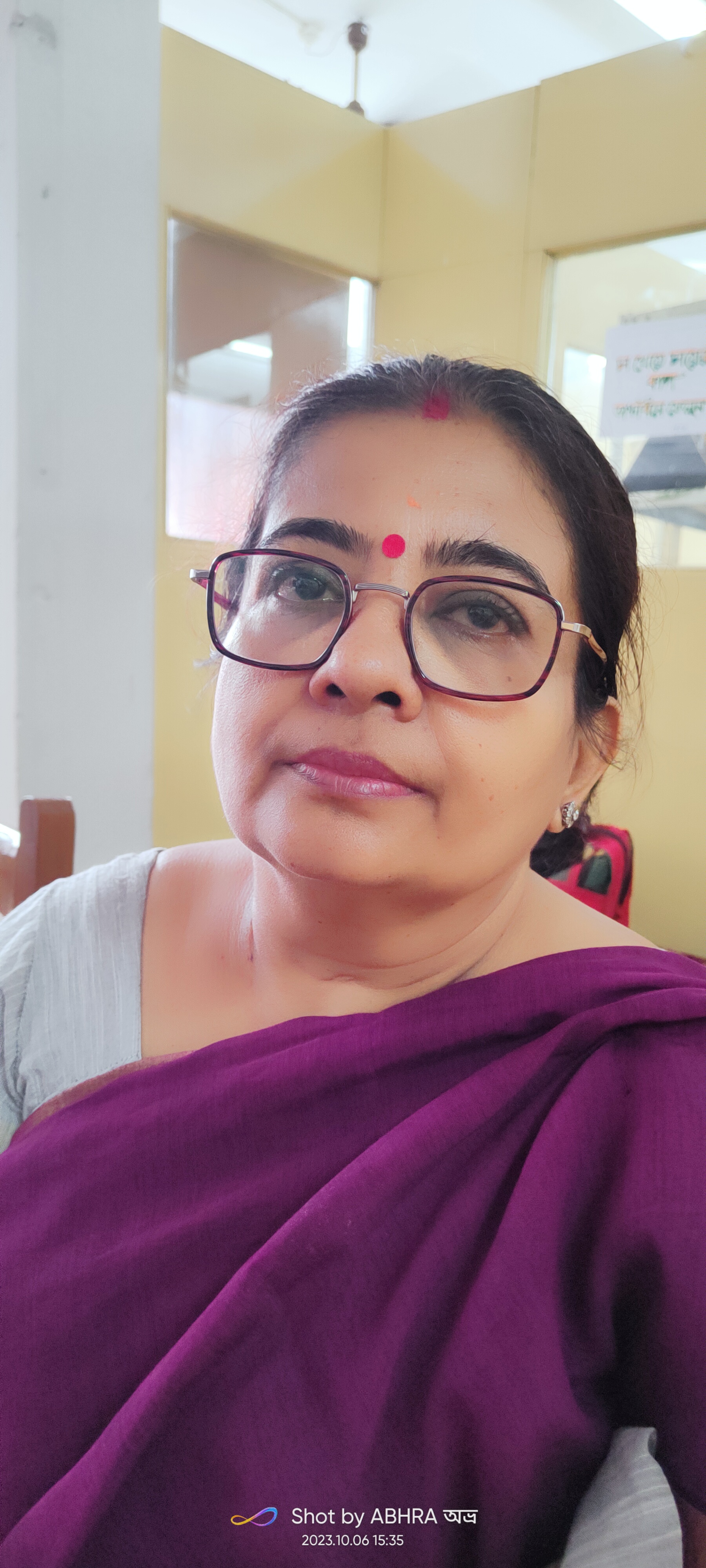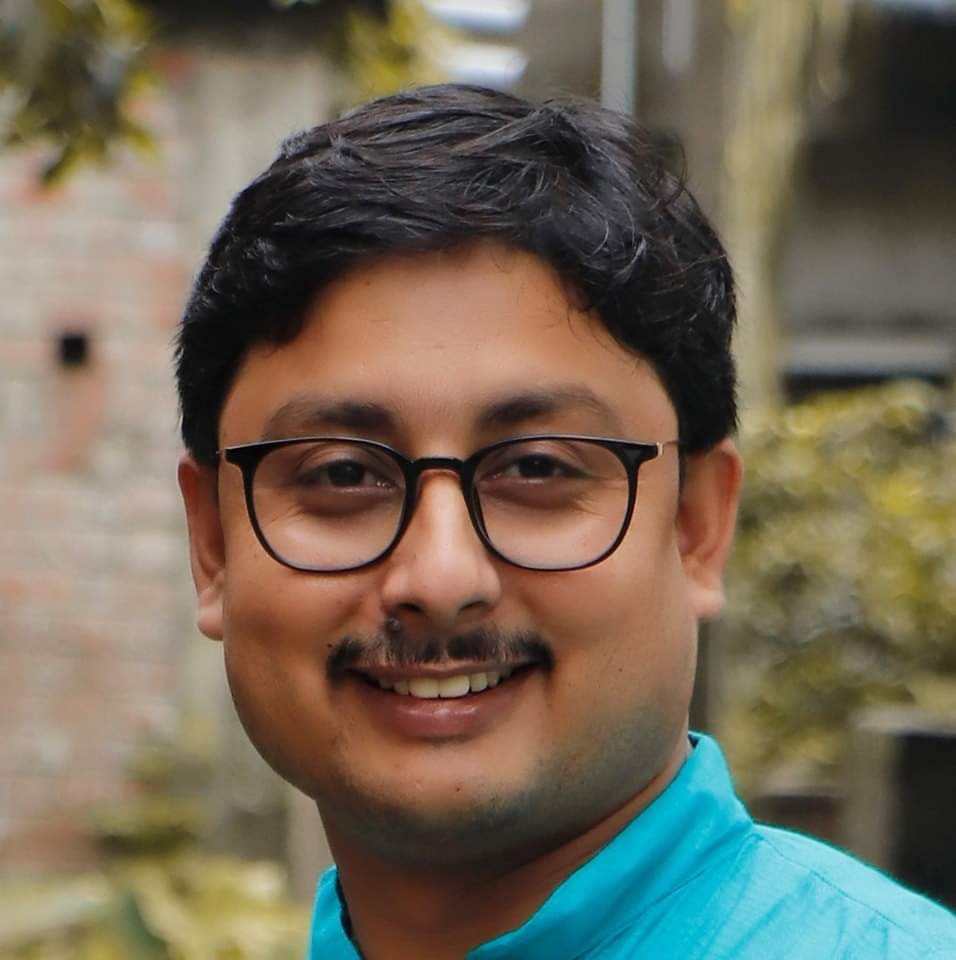> General course on the subject was offered at the outset in 1959. >Honours course commenced from 1997. > Intake capacity =29 (15 UR, 6 SC, 2ST, 3 OBC –A, 2 OBC-B, 1 PC). >We encourage and engage in cross cultural/Interdisciplinary studies. >It is a proud privilege for students to have a seminar library in the department in addition to the central library. >We aim to train & prepare our students for competitive examinations. >We aim to build a rational perspective in our students by engaging them in experiential learning. >We emphasis on developing an eye to observe the surrounding that shall enable students to make better choice while making decisions at different levels.





| # | Title | File |
|---|---|---|
| 1 | Academic Plan 2017-22 | View File |
| 2 | Sem VI 2025 | View File |
| 3 | Syllabus NEP Political Science I to IV | View File |
| 4 | Syllabus CBCS Political Science | View File |
| 5 | Routine Even Sem 2025 | View File |
| 6 | Routine Odd sem 2024 | View File |
| 7 | Routine even sem 24 | View File |
| 8 | Academic Plan Even Sem 2025 | View File |
| 9 | Academic plan 23 24 | View File |
| 10 | Academic calendar | View File |
| # | Title | File |
|---|---|---|
| 1 | Certificate Course | View File |
| 2 | Confluence II | View File |
| 3 | International Roundtable | View File |
| 4 | International Seminar 9.12.23 | View File |
| 5 | Extension Lecture 6/5/25 | View File |
| 6 | Report of the Extension Lecture 2/5/25 | View File |
| 7 | Poster presentations 2021 | View File |
| 8 | Webinar Human Rights | View File |
| 9 | National Seminar 16.04.25 | View File |
| 10 | National seminar 5.2.25 | View File |
| 11 | International Extension lecture | View File |
| 12 | Report of the extension lecture 6/5/25 | View File |
| 13 | Nazrul Jayanti | View File |
The Department of Political Science organises Educational Tours regularly for its major and minor students. The tour holds immense significance, offering benefits that extend far beyond the traditional classroom setting. 1. Bridging Theory and Practice: • Real-world Application: Political science concepts often feel abstract when confined to textbooks. A physical tour allows students to witness these theories in action. Visiting legislative assembly, government institutions like Municipality, NGOs, courts, or even historical sites related to political movements provides tangible examples of how political systems function, policies are made, and societal changes occur. • Understanding Institutional Mechanisms: Students can observe the practical workings of institutions they've only read about. Seeing how a parliament operates, a court conducts proceedings, or a policy research organization gathers data deepens their understanding of governance and public administration. 2. Experiential Learning and Enhanced Engagement: • Active Learning: Tours encourage active learning through observation, interaction, and critical thinking. Instead of passively receiving information, students are immersed in an environment where they can ask questions, analyze situations, and form their own perspectives. • Increased Interest and Motivation: The novelty and excitement of a physical tour can significantly boost student interest and motivation in their studies. It makes political science more dynamic and less academic, encouraging deeper engagement with the subject matter. 3. Exposure to Diverse Perspectives and Political Realities: • Meeting Practitioners: Opportunities to interact with politicians, civil servants, diplomats, activists, and policy experts provide invaluable insights into their roles, challenges, and perspectives. This direct interaction can inspire students and offer clarity on potential career paths. • Understanding Local and Global Politics: Tours can be tailored to explore local, national, or international political contexts. Visiting different cities, regions, or even countries can expose students to varying political cultures, systems, and challenges, fostering a broader understanding of global politics. 4. Skill Development: • Observation and Analytical Skills: Students learn to observe critically, analyze complex situations, and connect their observations to theoretical frameworks. • Research and Inquiry: Tours can inspire research questions and provide opportunities to gather primary data through interviews or observations. • Communication and Networking: Interacting with professionals and peers in a new environment enhances communication skills and provides networking opportunities for future academic and professional endeavors. • Critical Thinking and Problem Solving: Witnessing real-world political issues prompts students to think critically about solutions and the challenges involved in implementing them. 5. Career Exploration and Inspiration: • Clarifying Career Paths: For many students, a tour can be a transformative experience, helping them visualize potential career paths in government, public service, international organizations, advocacy, research, or journalism. • Networking Opportunities: Meeting professionals in various political science-related fields can open doors for internships, mentorships, and future job prospects. 6. Holistic Development: • Teamwork and Collaboration: Group tours foster teamwork, collaboration, and mutual learning among students. • Cultural Awareness: Depending on the destination, tours can also enhance cultural awareness and understanding, which is crucial for political science students studying diverse societies. • Personal Growth: Stepping outside the comfort zone of the classroom and engaging with the real world contributes significantly to personal growth and maturity. In conclusion, a physical academic tour is not just an excursion; it's an indispensable pedagogical tool for Political Science departments. It transforms abstract theories into concrete experiences, cultivates critical skills, broadens horizons, and inspires students to become engaged and informed citizens and future leaders.

13 May 2022
The students of the Department of Political Science along with their teachers attended a National Seminar on Welfare Politics in India organised by the Department of Political Science of RBU.

27 Jul 2018
The Department of Political Science with the students attended the Legislative Assembly for the experiential learning to understand the process of Law Making.
NO DATA FOUND !
| # | Title | Session | Semester | File | Link |
|---|---|---|---|---|---|
| 1 | International Relations | View File | NA | ||
| 2 | International Relations | View File | NA | ||
| 3 | Center State Relations | View File | NA | ||
| 4 | International Relations | View File | NA | ||
| 5 | Political Theory | View File | NA | ||
| 6 | Right to Equality Summary | View File | NA | ||
| 7 | KAUTILYA | View File | NA | ||
| 8 | For Govt Job II | View File | NA | ||
| 9 | For Government Job | View File | NA | ||
| 10 | Globalisation of World Politics | View File | NA | ||
| 11 | Globalisation of World Politics | View File | NA | ||
| 12 | Globalisation of World Politics | View File | NA | ||
| 13 | Western Political Though Shefali Jha | View File | NA | ||
| 14 | Levels of Analysis of IR | View File | NA | ||
| 15 | Indian Political Thought | View File | NA | ||
| 16 | Indian Constitution Beng | View File | NA | ||
| 17 | Indian Government and Politics | View File | NA | ||
| 18 | Indian Constitution | View File | NA | ||
| 19 | Glossery | View File | NA | ||
| 20 | Indian Foreign Folicy Oxford Handbook | View File | NA | ||
| 21 | Indian Foreign Policy | View File | NA | ||
| 22 | Ancient Indian Political Thought | View File | NA | ||
| 23 | Western Political Thought | View File | NA | ||
| 24 | Indian politics | View File | NA | ||
| 25 | Political Theory | View File | NA | ||
| 26 | Political Theory | View File | NA | ||
| 27 | Nehruvian approach to Public Policy | View File | NA | ||
| 28 | Models of Democracy | View File | NA | ||
| 29 | Party system in India | View File | NA | ||
| 30 | Public Administration Evolution | View File | NA | ||
| 31 | Marry Wollstonecraft | View File | NA | ||
| 32 | PLSACOR015T | View File | NA |